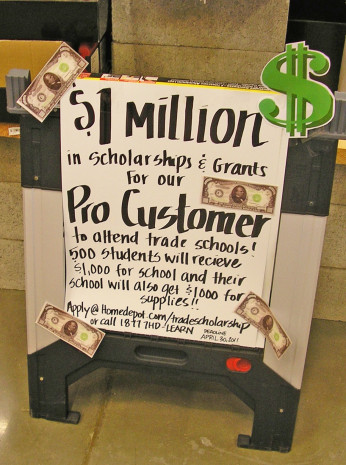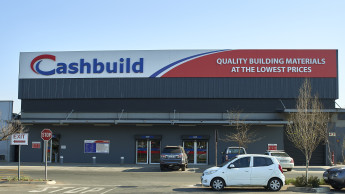Home Channel News (HCN), an American trade magazine, recently compiled a list of the 200 largest retailers it identified as “Pro” dealers and published it online. An examination of its top 100 published in the magazine (which did not include Lowe’s, Depot and Menards, the three largest home center chains) reveals that quite a number of that group are actually serving both consumer and professional markets.
What the magazine’s list does, however, is illustrate what a tremendous market share of the total DIY/construction market is racked up by the top three home center chains. Depot’s annual sales now total more than USD 70 bn; Lowe’s, more than USD 50 bn and privately-owned Menards, an estimated USD 8.5 bn, whereas HCN’s top Pro dealer made slightly less than USD 5 bn. The 100th firm on its published list made a total of only USD 68 million.
HCN’s top 200 “Pro” dealers developed total sales in 2013 of only USD 46.6 bn, an increase of 13.7 per cent from the previous year, but still fewer sales than those of Lowe’s and well below those of Depot. (HCN included a firm called Fastenal in its list, though Fastenal, with sales of USD 3.3 bn, actually is an industrial distributor of tools, fasteners, etc. It is a publicly owned company.)
In reviewing the list, some of the firms are completely focused on a narrow group of professional customers, such as builders, roofing contractors, etc. They offer a very limited range of products compared to retailers serving both the consumer and professional, whose inventory can consist of tens of thousands of stockkeeping units (SKUs).
Further analysis of some of the so-called “Pro” dealers reveals significant differences between those which clearly concentrate on professional customers and those which sell both to consumers and professionals. Those which truly concentrate on professional businesses achieve much higher sales per employee, probably because there are more full-time employees, fewer part-timers and shorter work weeks. They also operate smaller showrooms or stores, though they often also have additional warehouse space, and they carry fewer SKUs.










